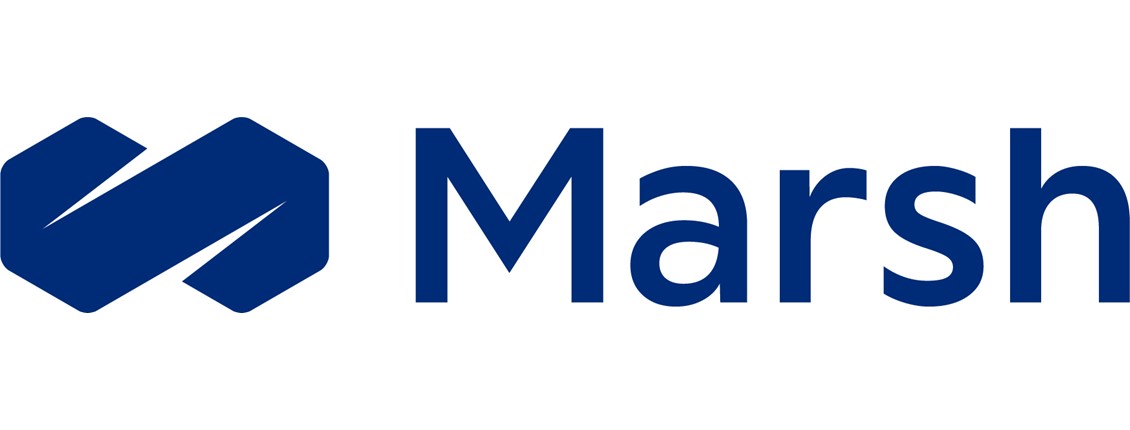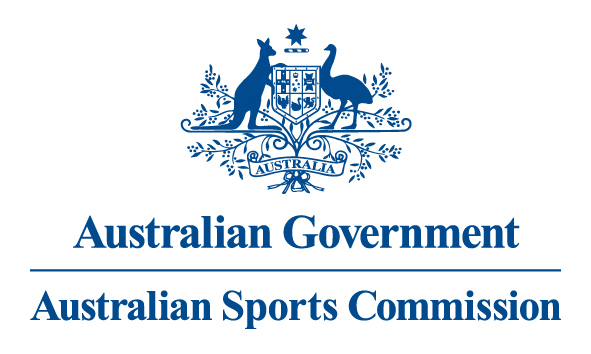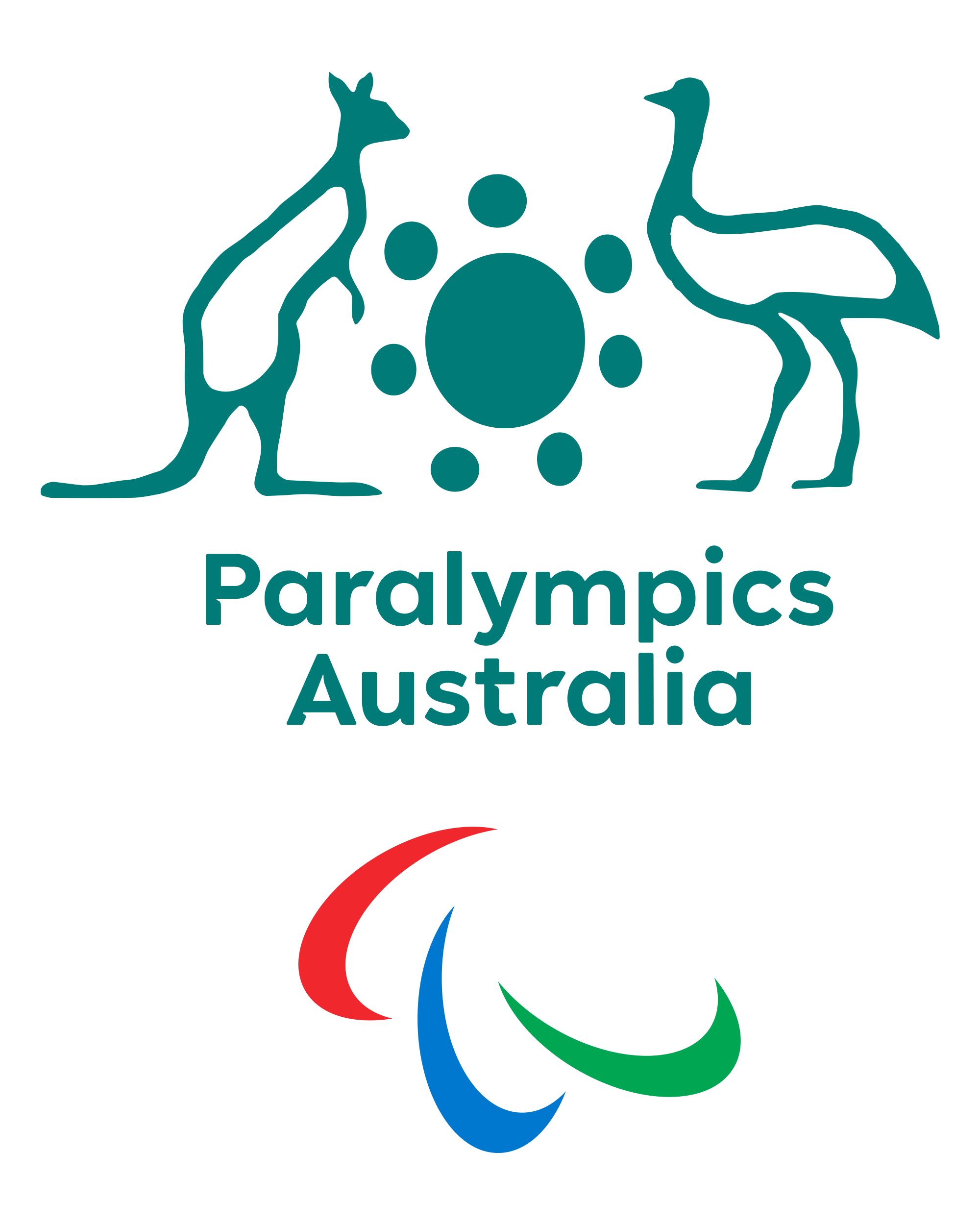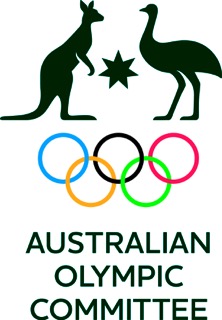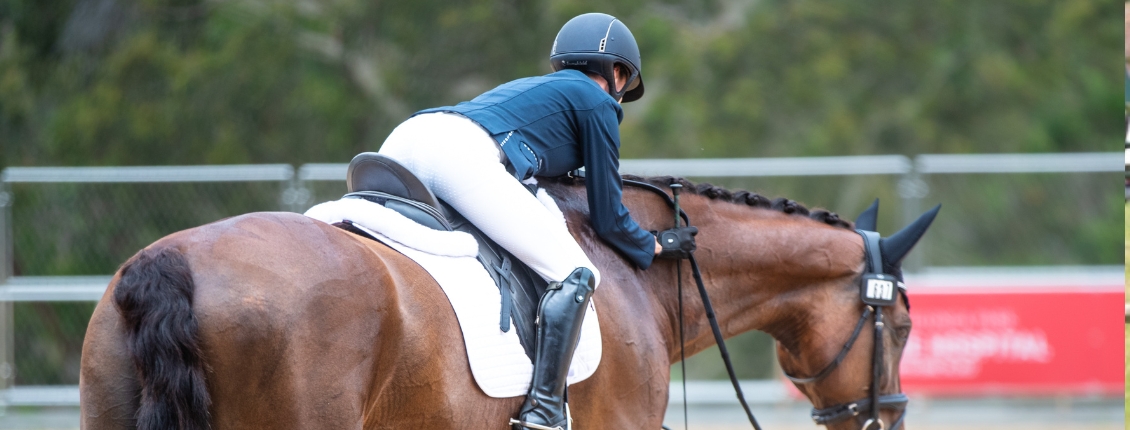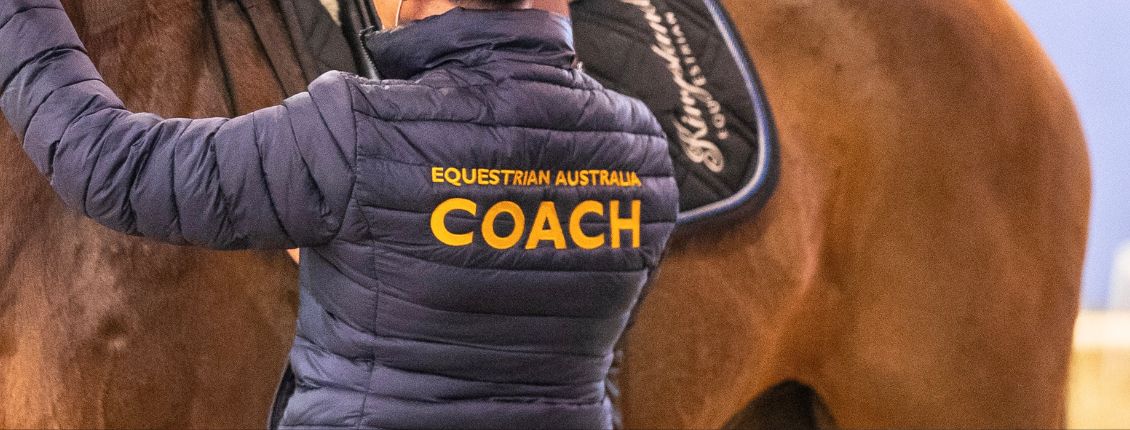Sports Stars Say Enough to Binge Drinking in New Video

The Be the Influence Tackling Binge Drinking initiative has today launched a new video featuring some of Australia's leading sporting stars who are 'strong enough to say enough' to binge drinking.
The Be the Influence – Tackling Binge Drinking initiative, part of the National Binge Drinking Strategy, is a sponsorship partnership between the Australian Government and 14 national sporting organisations, including Equestrian Australia, Netball Australia, the Football Federation of Australia and Swimming Australia, that aims to address binge drinking and the influence of alcohol promotion on young Australians.
These partnerships provide an alternative to alcohol sponsorship that enables sporting organisations to provide environments, from national to community level, that are free of alcohol promotion and messaging.
The ‘strong enough to say enough’ video will now be shown on in-stadium video screens at sporting events all across the country starting with this weekend’s Hyundai A-League and National Basketball League games. Beijing silver medallist Megan Jones is one of the athletes making a pledge to help tackle youth binge drinking.
“Be the Influence is a great program that aims to reduce the exposure young people have to alcohol promotion and I’m really pleased to be a part of it,” Jones said.
The initiative is being managed by the Australian National Preventive Health Agency and CEO Louise Sylvan says, “It’s pleasing that many of our athletes feel strongly enough to put their names and voices to this initiative.”
“This video brings together some of Australia’s leading athletes to tackle youth binge drinking by inspiring young people to make their own decisions, stand up for what they believe in and be ‘strong enough to say enough,’ says Ms Sylvan.
Other Athlete Ambassadors that appear in the video include: Swim star and Olympic silver medallist Christian Sprenger, Olympic cyclist Shane Perkins, and Commonwealth Games hockey gold medallist Anna Flanagan.
Since the launch of the initiative in June 2012 the Be the Influence messaging has already been seen and heard at nearly 1,000 events around Australia through venue signage, in stadium announcements and uniform branding.
Watch the video: http://www.youtube.com/watch?v=-WqyPGJCbOI&feature=share&list=UU05pGne-heS5NSrdamJ5D-Q
For more information on Be the Influence – Tackling Binge Drinking visit: www.tacklingbingedrinking.gov.au
Binge drinking - The facts
In general, binge drinking refers to drinking a large amount of alcohol in a short amount of time, often with the intention of getting drunk.
The National Health and Medical Research Council’s Australian Guidelines to Reduce Health Risks from Drinking Alcoholrecommend that for people under 18, not drinking alcohol is the safest option1.
These Guidelines indicate the lifetime risk of harm from drinking alcohol increases with the amount consumed. For healthy men and women drinking nor more than two standard drinks on any day reduces the lifetime risk of harm from alcohol-related disease or injury. ‘
The Guidelines also recommend that for all healthy adult Australians drinking nor more than four standard drinks on a single occasion reduces the risk of alcohol-related injury.
The impacts of binge drinking
Binge drinking is a significant problem in Australia, impacting individuals and communities:
· every week, 70 Australians under 25 are hospitalised due to an alcohol-related assault
· every year, an average of 50 Australians aged 14-17 die as a result of alcohol abuse
· among 16-17 year olds, one in five drink at risky levels at least monthly (rising to one in four for 18-19 year olds)2
· Alcohol contributes to the three leading causes of death among adolescents - unintentional injuries, homicide and suicide.
Many people are not aware of the risks associated with binge drinking. Early alcohol initiation (before the age of 15), and high levels of alcohol consumption in adolescence are associated with violence, accidents, reckless driving, physical injury, depression, school absenteeism, decreased academic performance, initiation of drug use, suicide, rape, unplanned pregnancies and sexually transmitted diseases.

